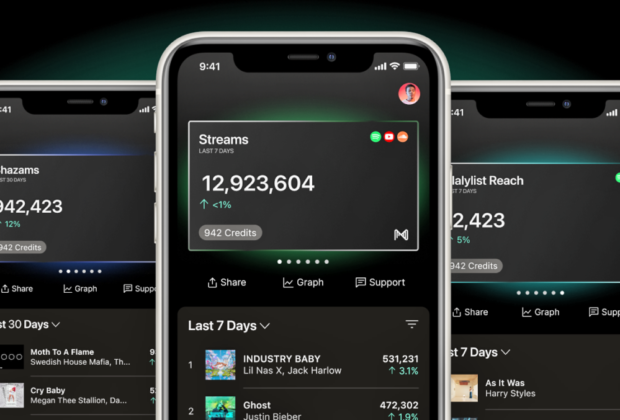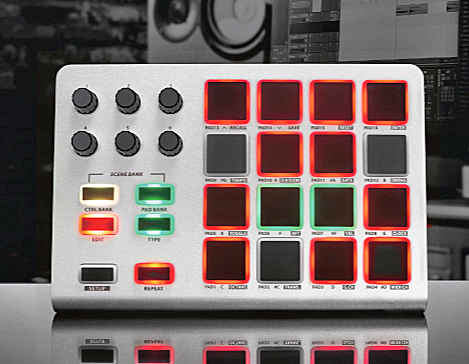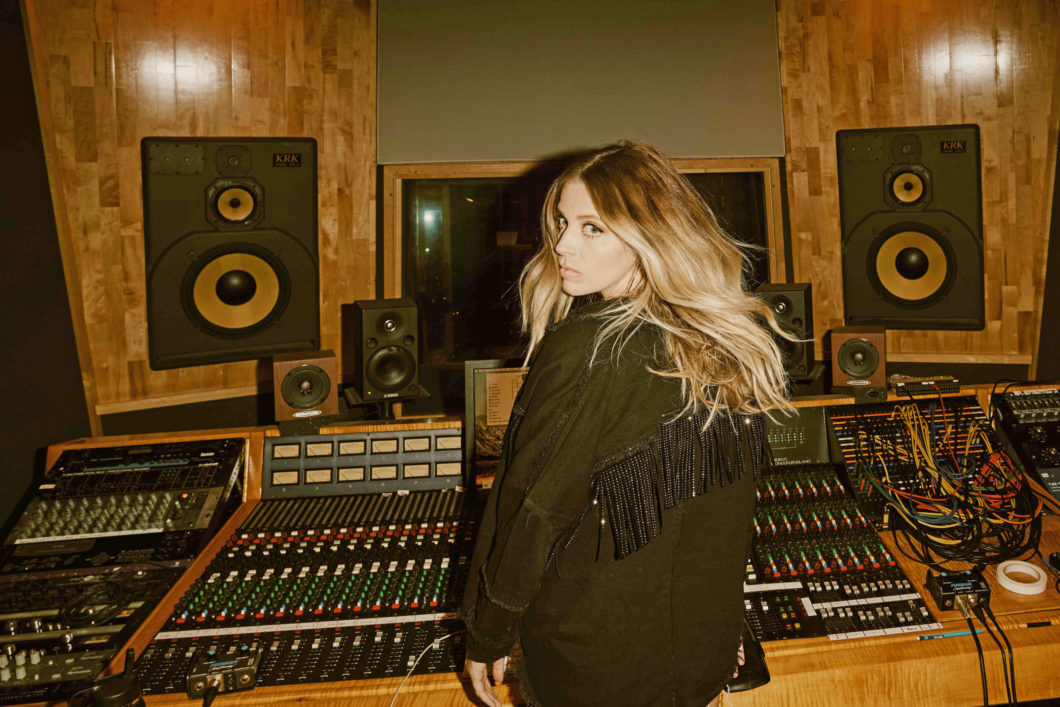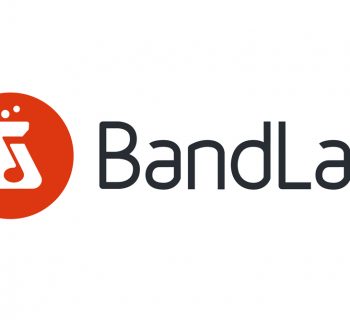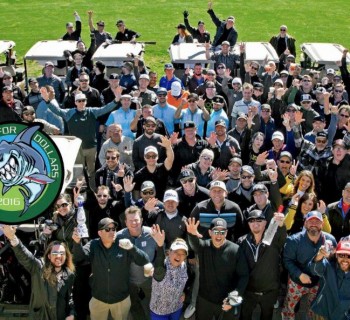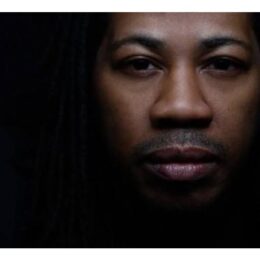Muso.AI
Muso.AI
From Recording Studio to Reinventing Music Credits: As a veteran mixer, engineer and producer who’s worked with Papa Roach, Hoobastank, Bush, and countless others, Jay Baumgardner knows a little something about the importance of attribution. He’ll be the first to admit that because he had a manager and solid representation, most of his credits have always been correct. But, as owner of North Hollywood-based NRG Recording Studios (home to sessions with famous rock bands like Linkin Park and superstars like Beyonce and Future), he realized how many engineers and mixers didn’t have professional support and lacked the knowledge and access needed to ensure the accuracy of their credits.
At one point in his career, when an iTunes exec visited to meet Linkin Park, Baumgardner had asked him why the platform didn’t list credits for all the people that contribute to the music. The exec shrugged and said the labels don’t give them that information. The exec challenged, “Why don’t you do something about it?” Teaming with entrepreneur and former Blue Shield CTO, Aaron Kaufman, and producer, engineer, and former NRG cohort, Kyran de Keijzer, Baumgardner launched Muso.AI to do just that. In an effort to solve the credit issue for his colleagues, friends and customers and create a tool to serve millions of music industry professionals, the company has now grown to employ 50 people with de Keijzer as CPO running day to day operations and overseeing a remote team based in Amsterdam, Ukraine, and the U.S.
How It Works: By building a base catalog using A.I., an engine collects and merges data from various sources using machine learning models. These models enrich the data, taking it from raw, unindexed and unsearchable to indexed and cataloged data points. By doing this, Muso.AI is creating a starting point for music professionals to search for, edit and manage their legacy metadata. Their database is a representation of the content available to stream; if it’s not on a streaming service, it’s not in the catalog.
Currently, there are over 5.5 million professional profiles in their database. Credit data can be amended by users only after identity verification which involves scanning and submitting an ID card; any claim for an artist profile requires proof of ownership of the artist’s social media account. Any credit changes submitted are ultimately validated by artists and master rights holders. There are several other validation steps in place before data is shared. Verified profiles and artists can make changes to the base catalog, which in turn will be sent to industry partners.
Muso.AI Pro: This premium service allows users to turn their credits into daily stats and historical trends, track streams, playlists, charts and more. They can view daily credit stats from 11 platforms including Apple Music, Spotify, SoundCloud, Tidal, Shazam and TikTok. Pro provides daily notifications with the latest updates. Another element of the Pro package is a managed discography playlist, in which users can sync their credits with playlists to allow an efficient way for their work to be heard. The playlist gets updated automatically as new credits are added and old inaccurate ones are fixed. Pro also enables users to dive deeper into their career trends with historical graphs for tracks, albums and collaborators. The staff of Muso.AI believes that it’s time that credits are celebrated and modernized. They encourage users to share career achievements discovered on Muso.AI with their social media followers.
Contact support@muso.ai

